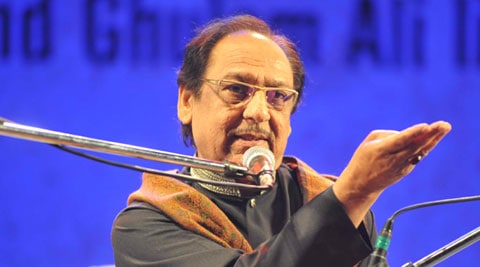BJP-Shiv Sena Ghulam Ali stand-off: Why differences between them may increase
The saffron allies are battling for electoral one-upmanship ahead of local bodies elections.

The Shiv Sena’s decision to revive its anti-Pakistan and pro-Marathi plank ahead of the local bodies elections in Maharashtra is to reaffirm its identity as the major regional party. Secondly, the Shiv Sena, worried by the applause Prime Minister Narendra Modi received abroad, wants to occupy centre stage by whipping up a “hard Hindutva” agenda.
In the last one year there have been a dozen critical emotive issues where both parties took their battle to streets. The Sena’s decision to oppose the meat ban in Mumbai during the “paryushan” Jain festival, was to consolidate the support of 26 per cent Maharashtrians who constitute their traditional vote bank in Mumbai. The anti-Modi bashing by the Sena is to polarise the Marathi versus Gujarati divide which has its roots in the creation of Maharashtra and Gujarat in 1960.
[related-post]
The BJP and the Shiv Sena are inter-dependent when it comes to running the coalition government in Maharashtra. The support of the Shiv Sena MLAs (63) is critical for the BJP (122 MLAs) to retain the Devendra Fadnavis government in Maharashtra. Therefore, there is no ambiguity about the BJP-Sena coalition when it comes to the government.
The bigger battle is on street.
The Shiv Sena faces its biggest ever challenge in local bodies elections in Kalyan Dombivali Municipal Corporation to be held on November 1. The Sena which rules the KDMC, fears an electoral setback could cast its shadow on the Brihammumbai Municipal Corporation (BMC) polls scheduled for early 2017. The Sena has ruled the big budget BMC (Rs 35,000 crore) for the last 17 years.
After the electoral success in the Lok Sabha and assembly elections, the BJP sees a golden opportunity to check the Sena in Mumbai– the power centre of the Thackerays. The BJP has trained its guns on the Sena’s mismanagement during 17 years rule in BMC.